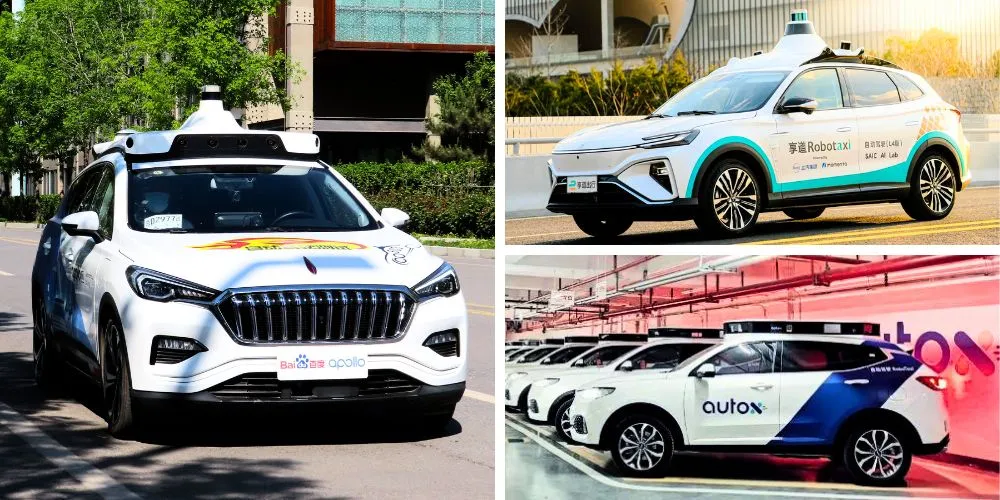Key Points:
- China issued 16,000 test licenses for autonomous vehicles and opened 32,000 kilometers of public test roads.
- The growth of robotaxis is raising concerns about job security among drivers, though there is already a shortage of drivers.
- Experts predict a slow transition to autonomous mobility, creating new job roles over time.
- Governments could work with companies to help transition displaced workers and provide training for new roles.
China’s rapid expansion of autonomous vehicle technology is causing concerns about job security among drivers, but experts say the shift is also creating new employment opportunities. On Tuesday, China issued 16,000 test licenses for autonomous vehicles and opened 32,000 kilometers of public test roads.
In June, the government approved nine domestic automakers, including BYD and Nio, to test conditionally automated driving technologies on select public roads. Tesla is also seeking regulatory approval for its Full-Self Driving technology by the end of the year.
While the rise of autonomous driving is seen as a threat to driver jobs, there is already a shortage of drivers, making robotaxis a potential benefit for taxi companies, according to Mohit Sharma, an analyst at Counterpoint Research. Baidu’s self-driving ride-hailing platform, Apollo Go, currently operates around 400 robotaxis in Wuhan, its largest market, with plans to increase to 1,000 by year’s end. Despite Apollo Go’s growing presence, it still holds only about 1% of Wuhan’s ride-hailing market.
Scaling autonomous services is expected to be gradual, with Baidu’s CEO, Robin Li, indicating it could take years. Traditional taxi drivers have petitioned to limit Apollo Go’s operations in some areas, reflecting the competitive pressure. A ride on Apollo Go in southern Beijing costs about half the fare of traditional ride-hailing services, highlighting the financial advantages of robotaxis.
Despite fears of job loss, experts emphasize that the transition to autonomous mobility will be slow and phased, allowing for adaptation. Sharma suggests that governments could work with robotaxi companies to transition displaced drivers into new roles, and education systems could train future workers for jobs in this evolving sector.
Apollo Go is committed to creating new job opportunities, including monitoring, testing, and data annotation roles. For example, Wang Juan, an on-road testing operator at Apollo Go, transitioned from a stagnant automaker job to a dynamic role that involves identifying issues with autonomous vehicles.
Jeff Farrah, CEO of the Autonomous Vehicle Industry Association, notes that autonomous vehicles are creating new jobs in the U.S., from service technicians to mapping specialists. He also highlights AVs’ benefits to the disability community, enabling new employment opportunities.





